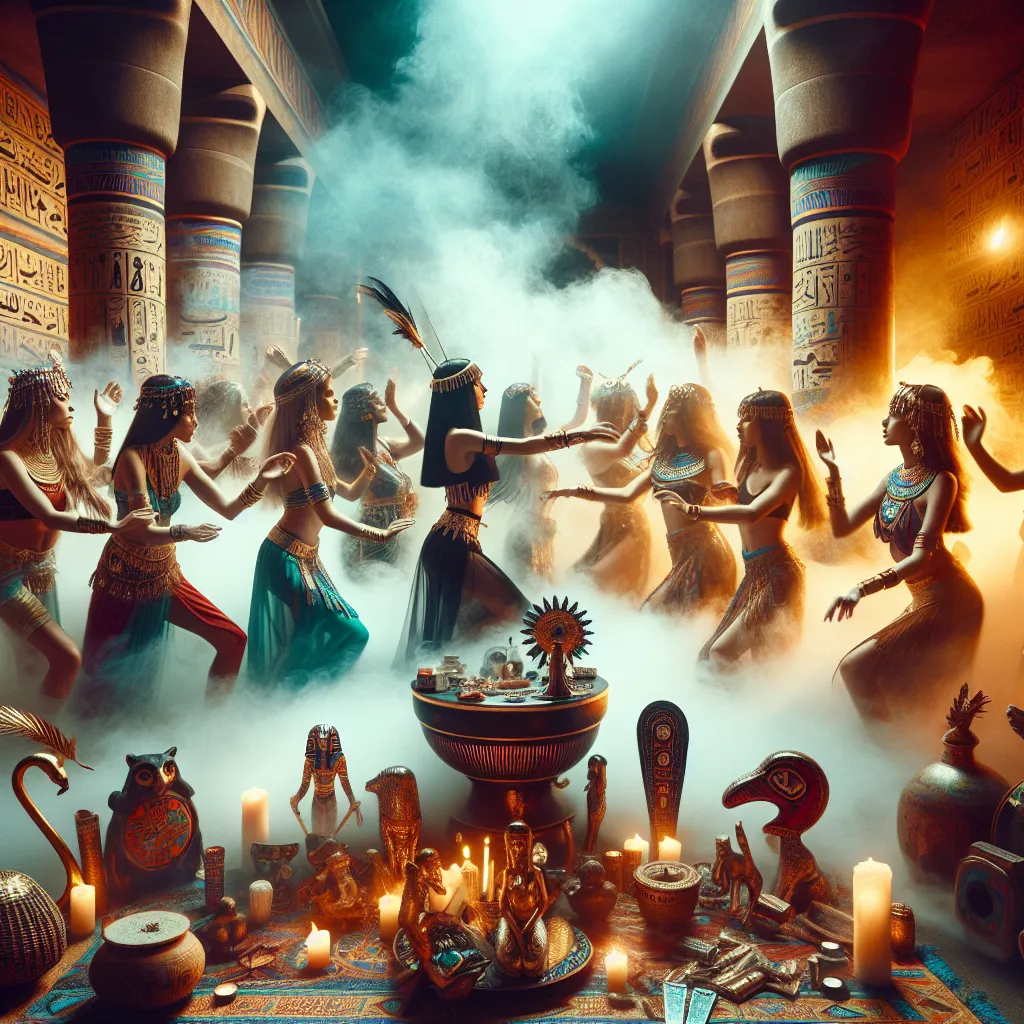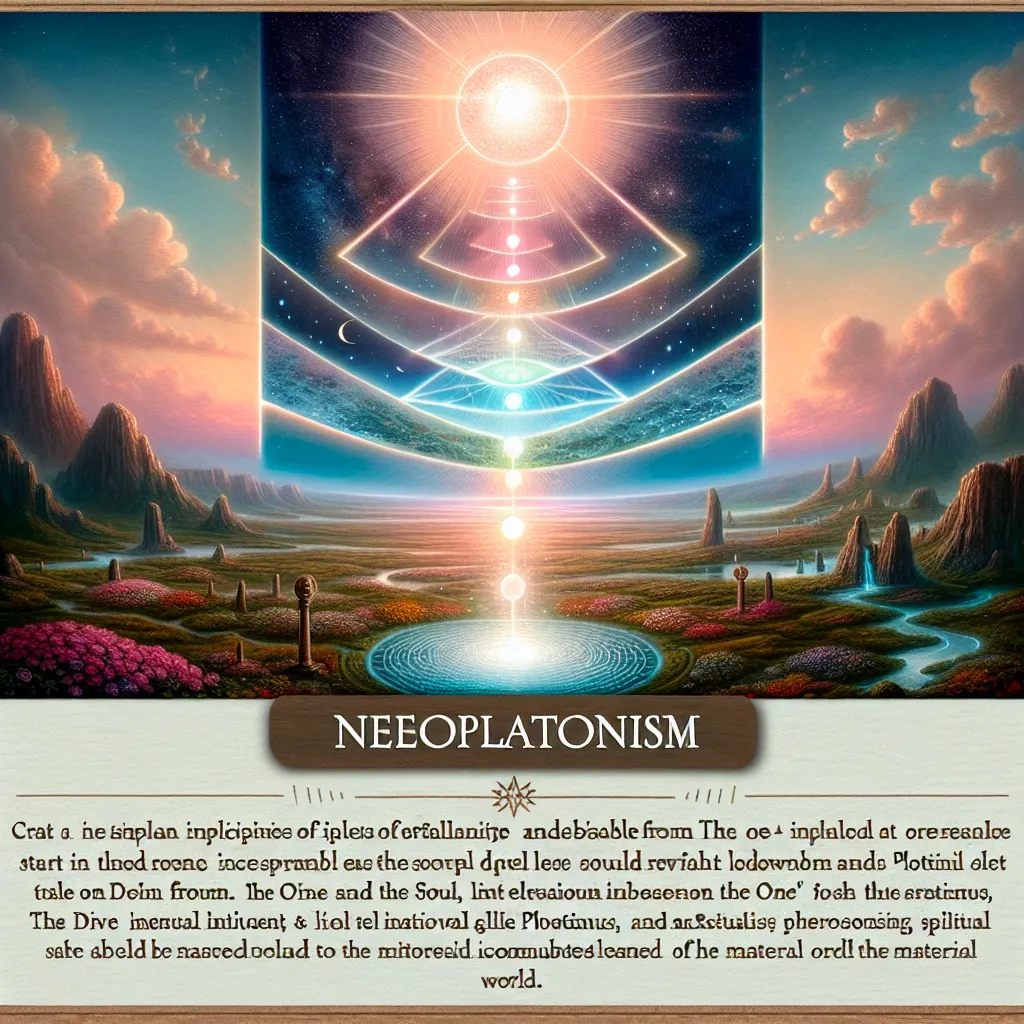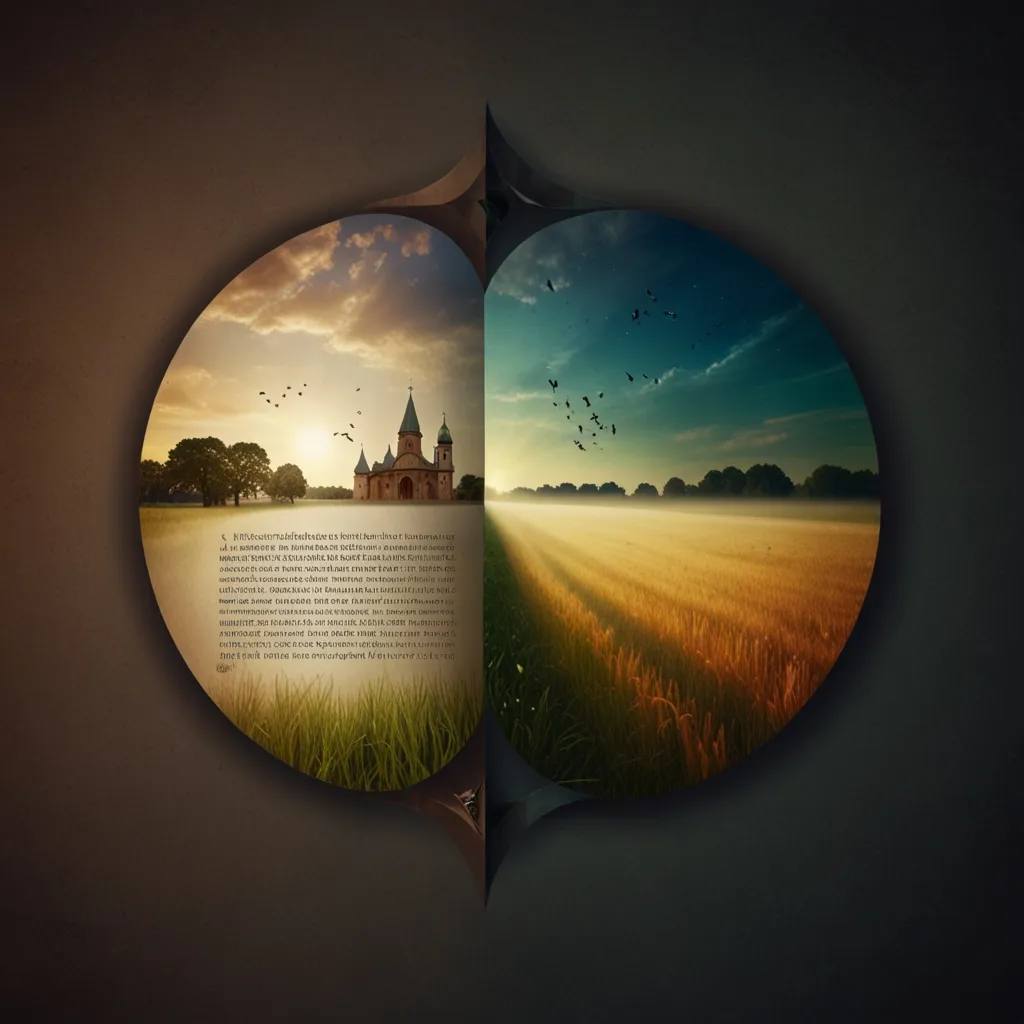Hey everyone, quick note before we dive in. This article is a bit spooky and fits the October vibes, but I don’t want to make it seem like Zar is something inherently scary. Zar is actually a vital spiritual practice for many people, especially in regions like Egypt, Ethiopia, and Sudan. So, let’s explore this topic with an open mind.
In previous articles, we’ve discussed the belief in jinns or spirits in the Islamic and Middle Eastern world. These spirits can supposedly possess humans, and there are various ways to deal with this, such as through rituals involving Quranic recitations or amulets. But in Egypt, there’s a unique way to handle spirit possession: the Zar ritual.
Zar is especially common in the Red Sea region and involves ecstatic music, dancing, and a hierarchy of ritual specialists. Its origins are debated, with some saying it comes from Ethiopia, while others believe it started in Yemen. The earliest records date back to the 16th century in Ethiopia.
In its basic sense, Zar refers to a possessing spirit, often categorized under jinn. These spirits are seen as having personalities and can possess people if offended or through other interactions. Once possessed, symptoms like headaches, weight loss, and unexplainable anger or sadness might arise. Homosexuality and other socially taboo behaviors could also be linked to Zar possession, serving as a way of acceptance in the community.
When someone is “worn” by a Zar spirit, they experience various symptoms. If regular methods don’t help, they may seek a Zar specialist. The ritual involves identifying the spirit, often through incense and music, and then performing various rites like burning incense, playing music, and sacrificing animals to appease the spirit.
Zar practitioners, mostly women, join a community and continue these rituals throughout their lives to maintain harmony with the spirit. The community has a social function, especially for women facing significant life events like puberty, marriage, and menopause. These rituals serve as a support system, helping them cope with various life crises and afflictions.
Zar music is an essential part of the ritual. Different spirits respond to different kinds of music, often related to their ethnicity. During public gatherings called hadra, ecstatic music and dancing help identify and appease the spirits. Non-initiates might also join in to see if they are possessed or just out of curiosity.
Interestingly, while many modern Muslims criticize Zar as un-Islamic, most practitioners are devout Muslims. Zar also has connections to Sufism, representing traditional religious practices.
In summary, Zar is a rich and complex tradition. It’s a method of dealing with spirit possession that emphasizes reconciliation rather than exorcism. It provides a social and psychological support network, especially for women, and intersects with many aspects of religion, culture, and history.
If you’re interested in learning more, I recommend reading Hagar Al Hadidi’s book, “Zar: Spirit Possession, Music, and Healing Rituals in Egypt.” It’s a fascinating dive into this unique tradition.
Catch you next time!






